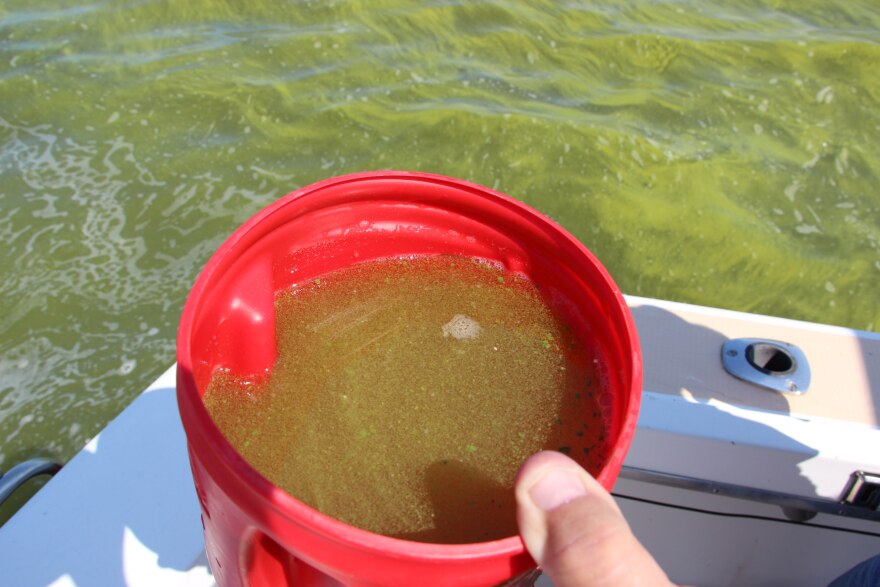The city of Toledo has lifted a drinking water ban.
The ban went into effect early Saturday after tests showed high levels of a toxin in the city’s drinking water.
The toxin came from a bloom of cyanobacteria, sometimes referred to as blue-green algae, near the city's water intake.
Mayor D. Michael Collins says city officials will take the next 48 hours to assess how the emergency was handled.
Gary Fahnenstiel is a research scientist at the University of Michigan’s Water Center. He said that these blooms have been around for a while, and perhaps this event can push us toward treatment and mitigation of cyanobacteria blooms.
"This probably caught the public more as a surprise than the scientists or the water quality professionals," Fahnenstiel said.
* Listen to the full interview above.
Clarification: An earlier version of this story referred to "algae blooms" in Lake Erie. These are really bacterial blooms (cyanobacteria) that look like algae. The copy has been clarified above.





